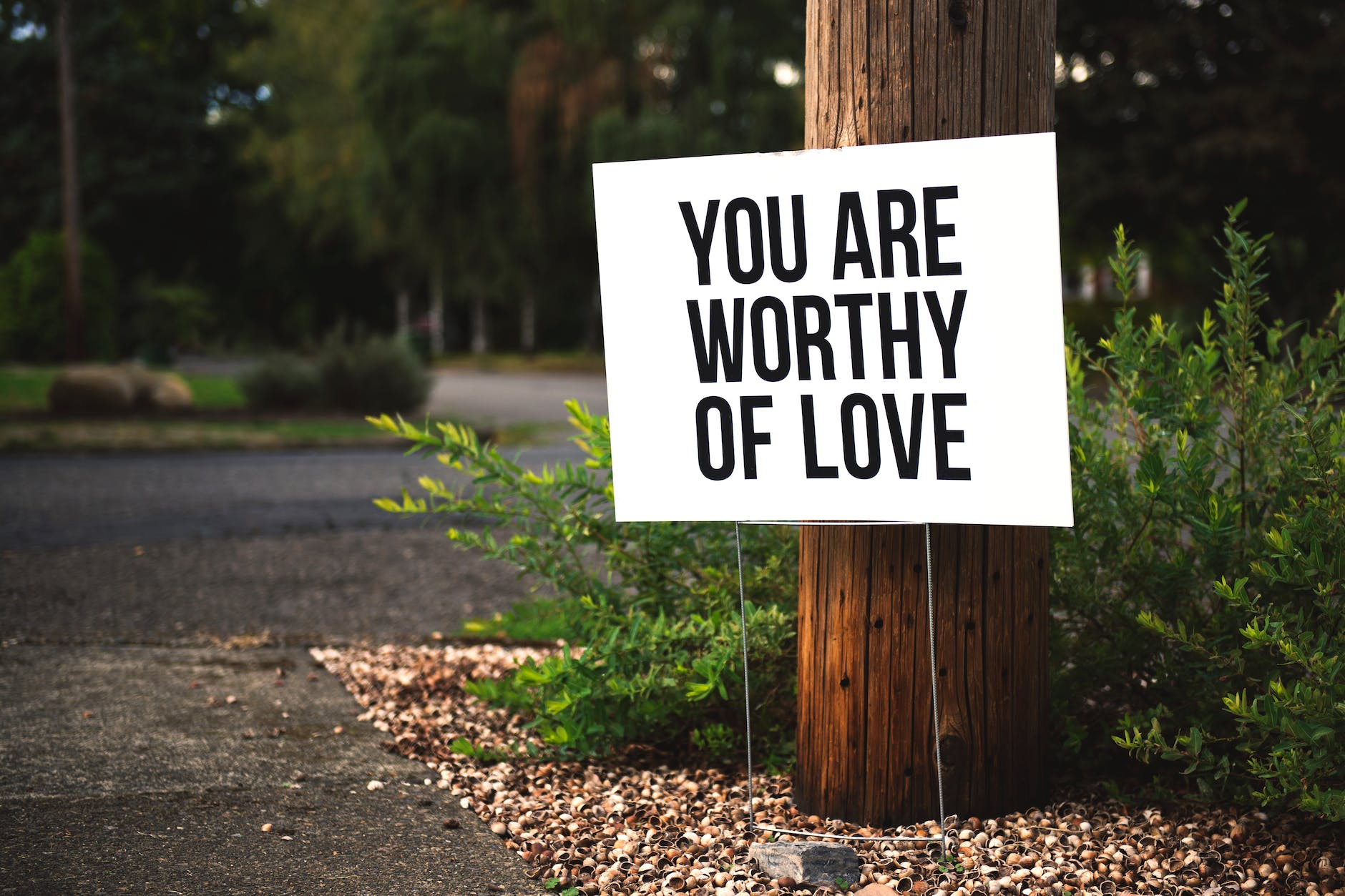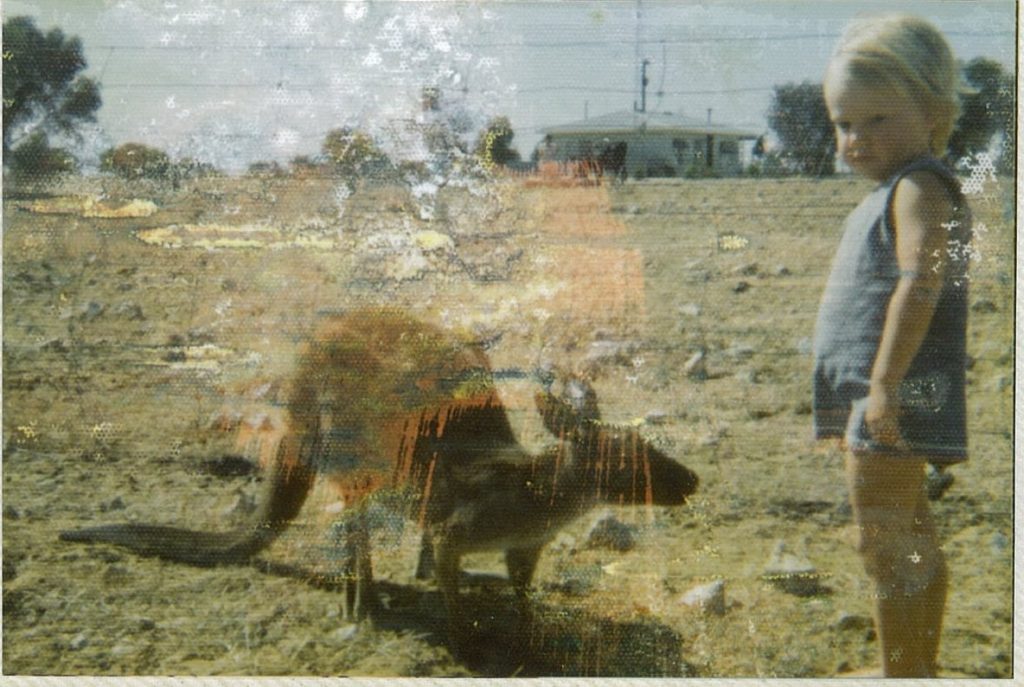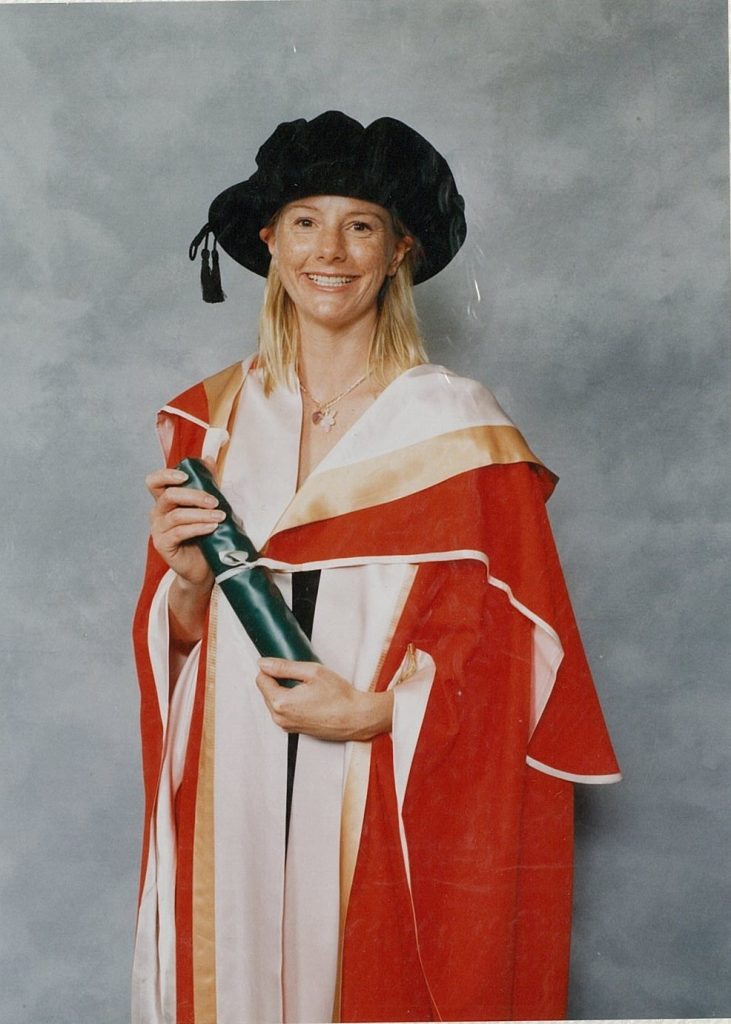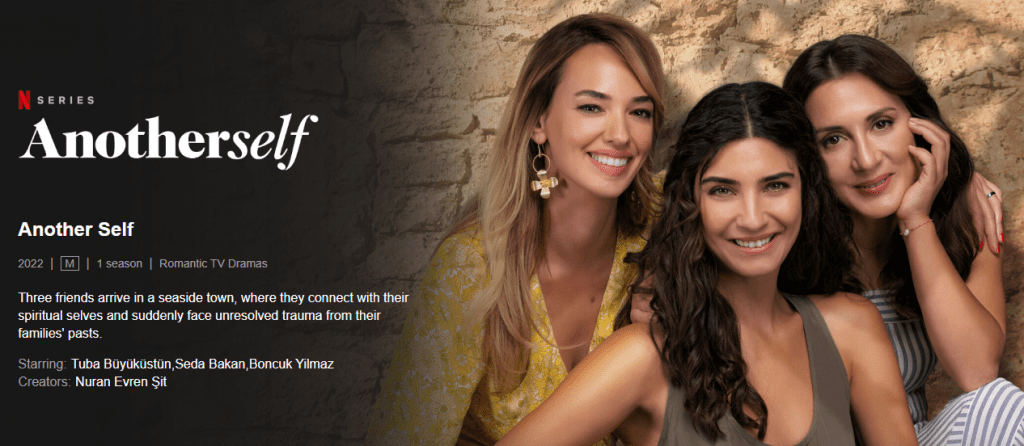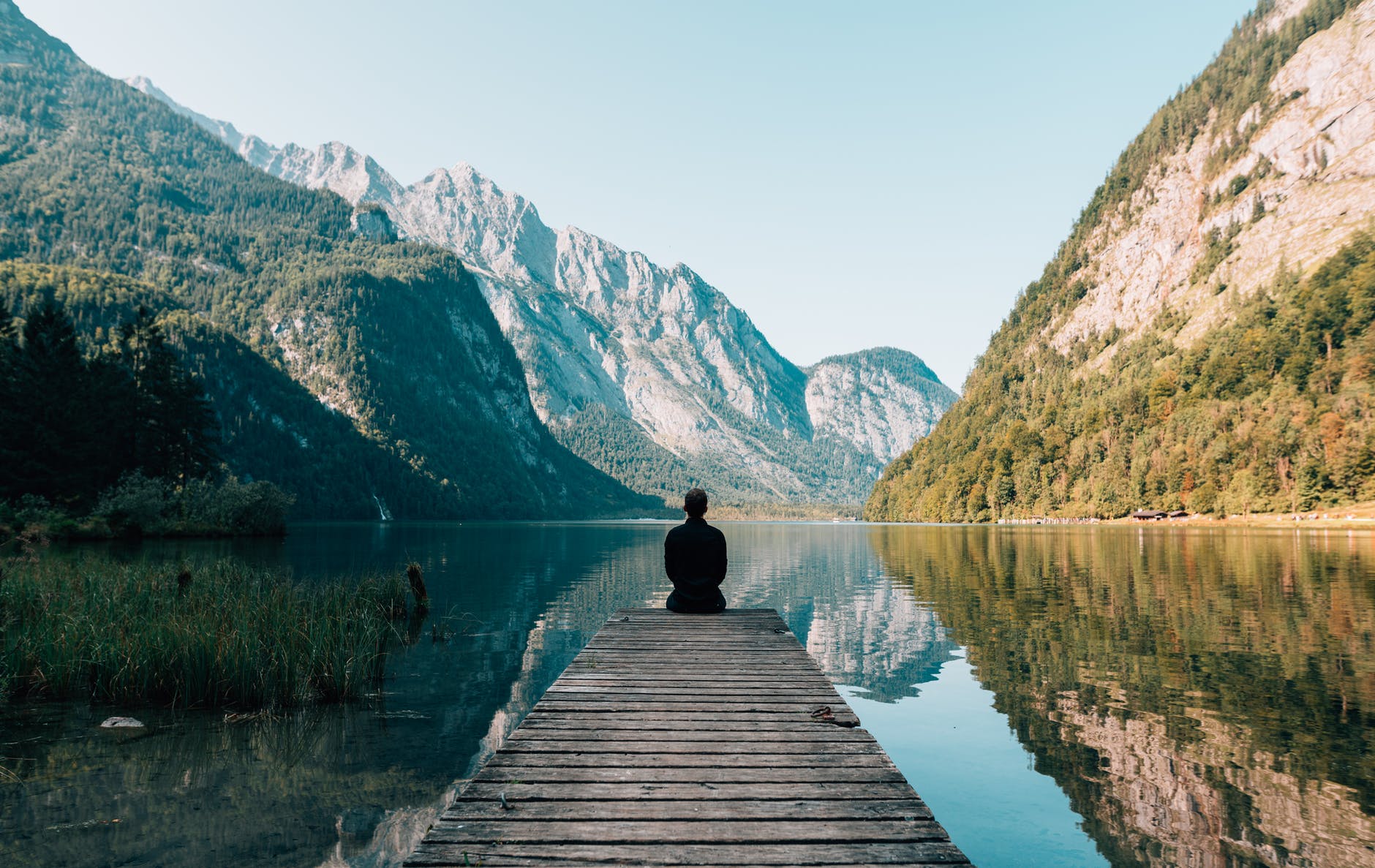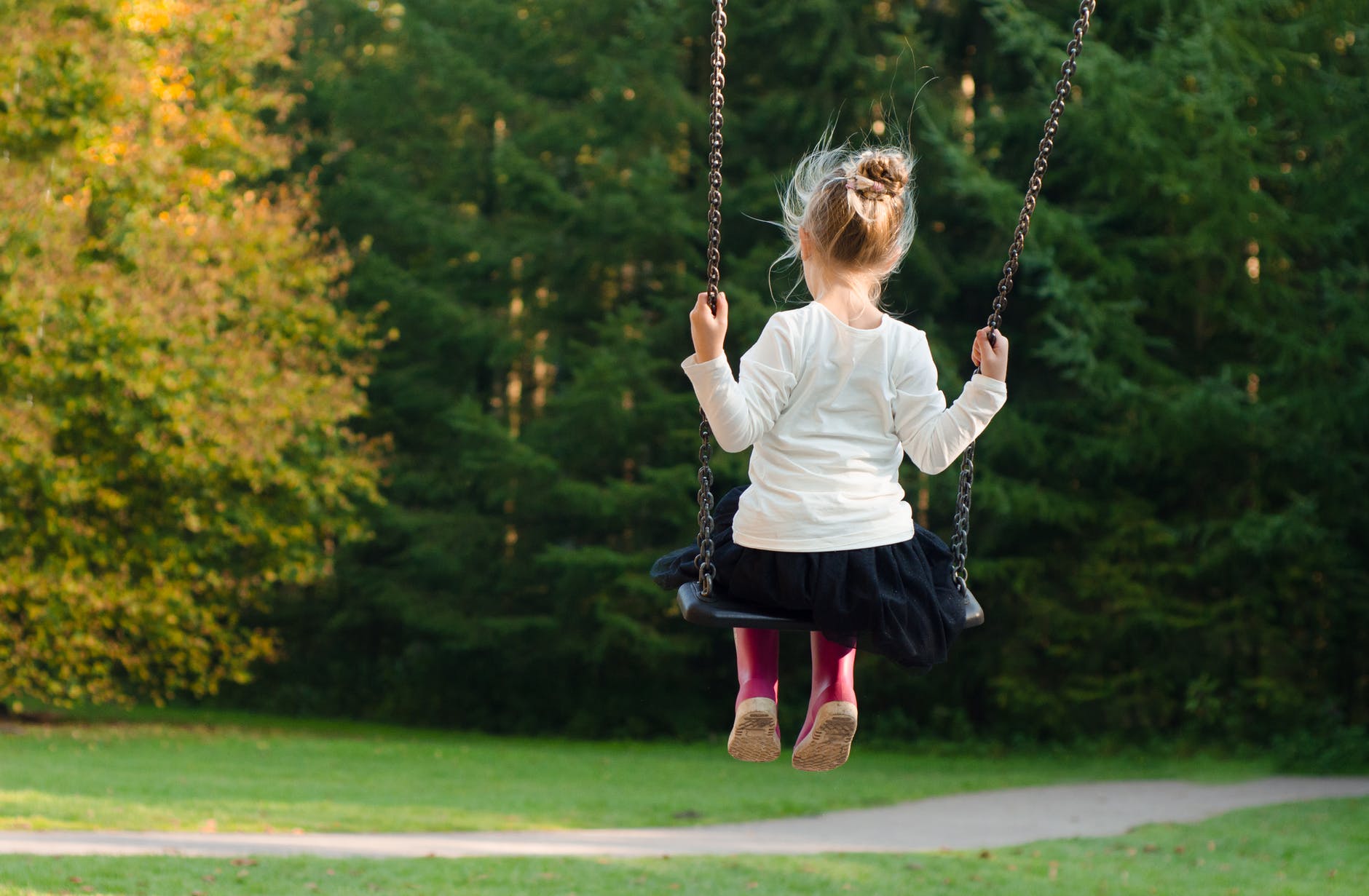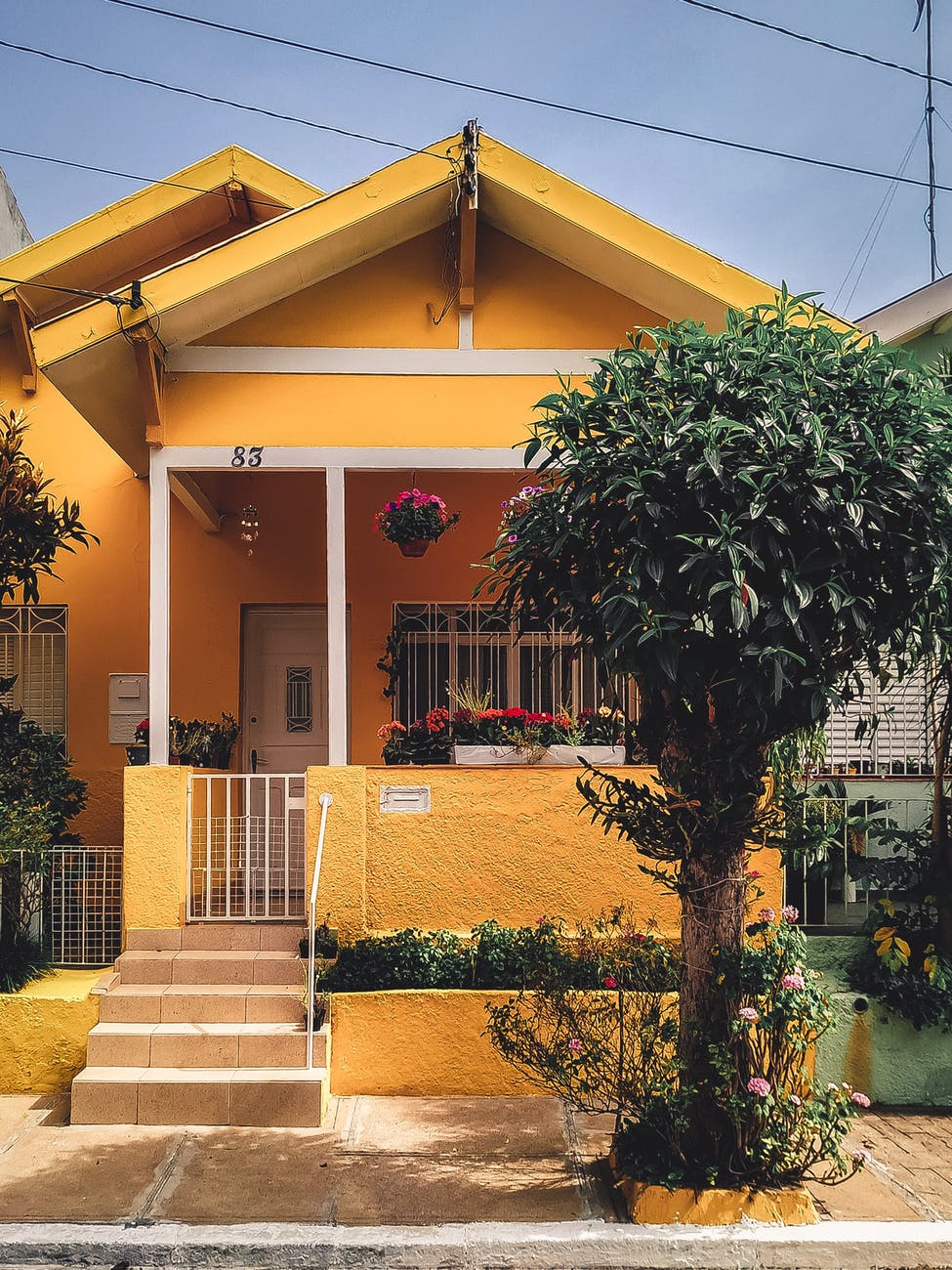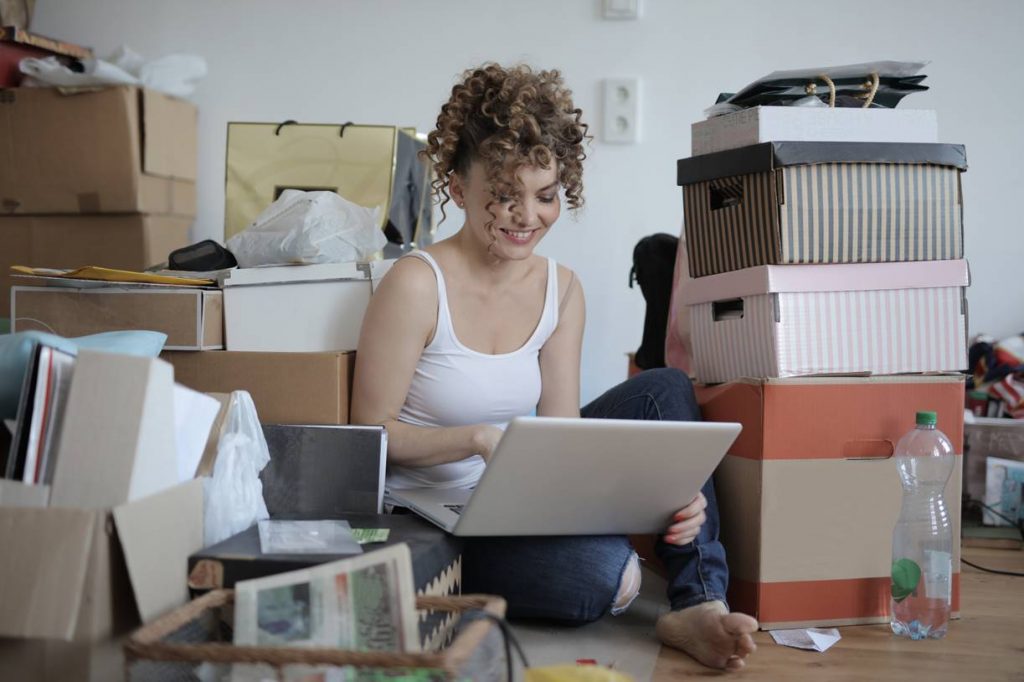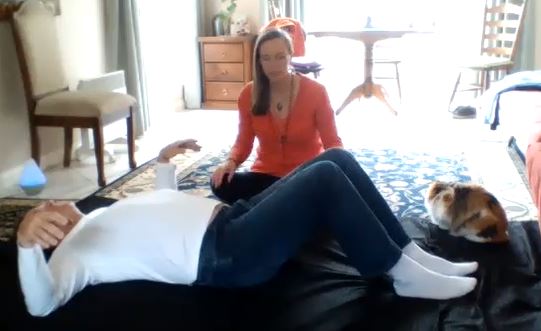Last night I watched ‘The Drover’s Wife’ on Netflix. It broke my heart wide open and then I closed it over to cope with the grief, the anger and the pain from domestic violence and alcohol fueled violence that affects so many women and children, myself included.
It is devastating as a child watching your parent be verbally, emotionally, physically and/or sexually abused. It is infuriating that you are too small to save them, to fight back, to stand up to the abuser and tell them to “STOP. Take responsibility for their pain and their life, to be a caring, mature adult and do the right thing”.
The joy of life gets stripped away as you deal with your anger, your resentment, your fear of when it is going to happen next or if it will get worse. You worry about your parent getting seriously hurt or killed and you being left alone with the perpetrator. You worry about when he/she will turn on you. You feel so helpless and hopeless.
You wonder why none of the other adults in your life step in to help. You wonder why your parent stays and allows themselves to be treated so poorly.
You struggle to lift your head up and live. You wonder “What’s the point of trying if it is always going to be like this”. You don’t ever relax fully just in case the fighting breaks out again.
Fun times, parties, are not fun for you as you know once the perpetrator gets drunk the fighting is likely to start. So, you brace yourself ready for what is to come. You hope and pray it doesn’t occur this time. You pray that maybe just once they will pass out before they attack and abuse.
You wonder whether there is any goodness in them at all and how they can live with themselves afterwards, after being so cruel and destructive.
You wonder why life is so hard and why humans can be so cruel. To survive you harden up, you numb yourself to the pain, you become bitter, cynical and angry. You do what you have to do to survive, even if that means isolating yourself from those you love, never letting anyone close because you don’t want to see their pain, face them being hurt anymore.
You close down and retreat into yourself or you leave, run away physically or energetically, no longer being a part of the family system. But energetically, spiritually we are always a part of our family system. They are in our blood, our DNA, the cells of our body. We live because they lived and passed on life to us. We can’t cut ourselves off, that’s like cutting off our own arm.
If we do cut ourselves off fully we will eventually get drained, exhausted, burnt out as we have cut ourselves off from the goodness, the energy supply, the river of life force that flows through our ancestors to our parents to us.
They are a part of us. We are a part of them. Our job as adults is to find our way back to our hearts, to feel our pain and to humbly stand before our parents and speak our truth.
“It hurt so much to see you suffer. I just wanted you to be safe. I wanted to feel your love and play. I wanted to be seen and listened to, to be heard and cared for. I accept you couldn’t give me that, you didn’t have any more energy, love or joy to give to me with what you were facing.
Thank you for giving me what you could. What you couldn’t give me I’ve had to find from elsewhere. It’s taken a long time to find it Mum, but I have found it. I honour you and all you went through.
I thank you for my life and for the closeness we now have. Thank you for finding your way through too. I’m so glad you won’t let anyone treat you that way ever again. I love you so much and I welcome you back into my heart, my life, my love and I look forward to spending more time together actually enjoying life. Thank you Mum, thank you for my life”.
When we can do this, we set them and ourselves free. We get to have peace in our hearts and calm in our bodies and nervous systems. We get to step out of hypervigilance, scanning for danger and isolating for protection.
We get to rejoin life and to see that there is love and goodness out there. There are lots of people who treat each other with love and respect. We start to let ourselves participate in life more fully and receive the love and goodness we have always longed for.
In time we also see that the perpetrator didn’t know how to behave better, how to cope with their hurts and disappointments from their life. As we heal we eventually find compassion for them and their journey. We see that they had deep pain inside which leads to their lashing out and hurting others.
We see that as an adult we can now walk away from that. We don’t have to stay entangled in their pain. We can hand it back and leave it with them. We can bow, honouring their difficult journey and then turn to face our own life, to walk forward into our future, using what we have learned to create as much goodness, love and joy as we can.
May all children and parents who have suffered from domestic violence find peace. May they heal and come back together to honour the love they have for each other and enjoy the rest of their lives as much as they can. Blessed BE.
Here’s a link to my page with free resources to assist with healing from child abuse.
(The healing process I’ve explained above is just my life’s example. A lot of the deep healing occurred through doing Family Constellations sessions where I could feel my feelings and speak my truth to someone standing in as a representative for my Mum and my Stepdad. I didn’t have those conversations with my actual parents. That would have been too confronting with the level of pain I had and they may not have been able to hear it.
Family Constellations creates a safe space for you to speak your truth and heal. Once you have healed and found more peace you might have a truthful conversation with your parents. When you’ve reached a greater level of peace within you, you are less vulnerable, less likely to be reactive or defensive if they can’t hear you or acknowledge what you have been through. Your parents will have seen what occurred very differently to you. If they have not dealt with their pain they may simply deny it or push you away as it is too hard for them to face it.)
